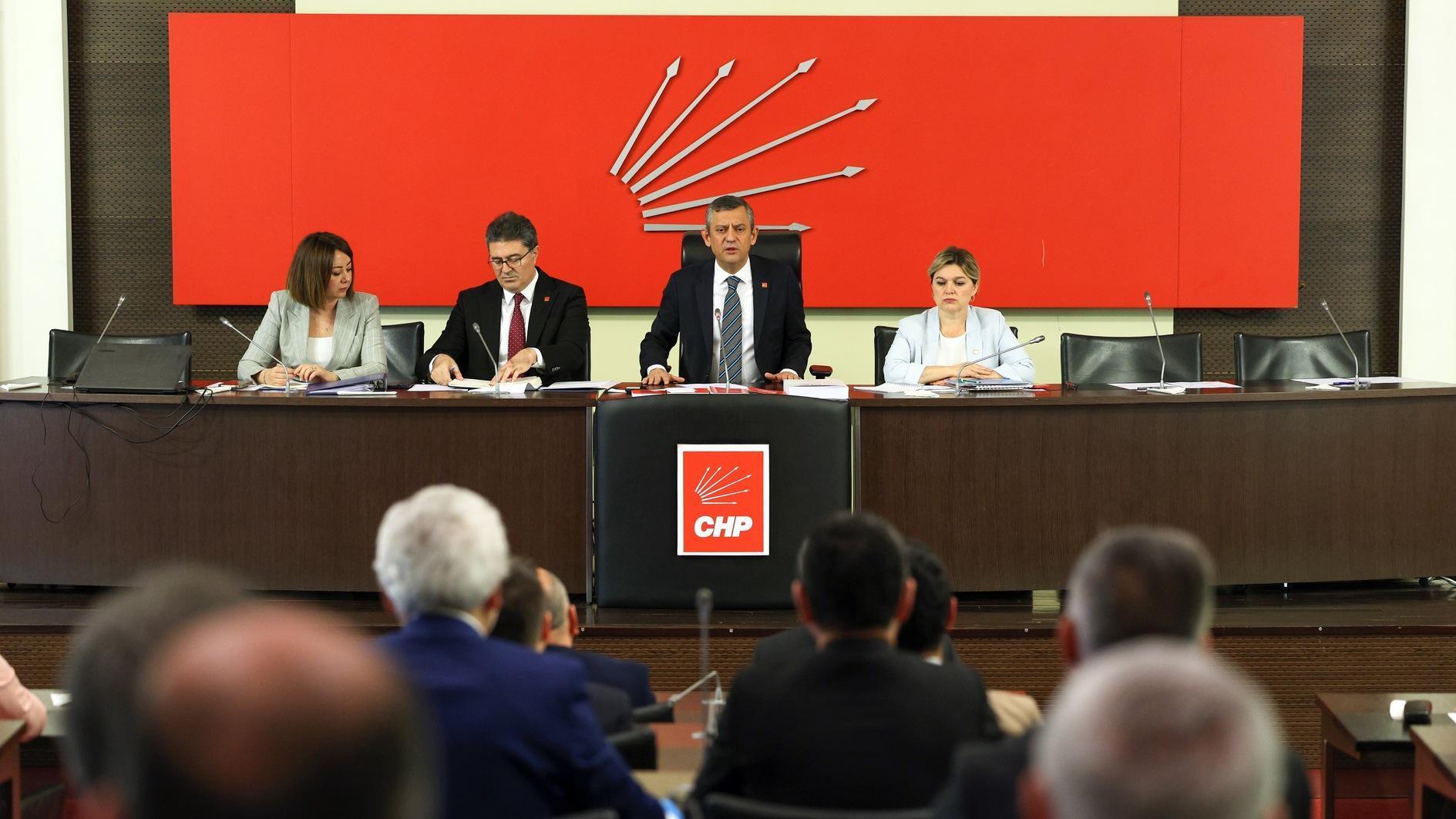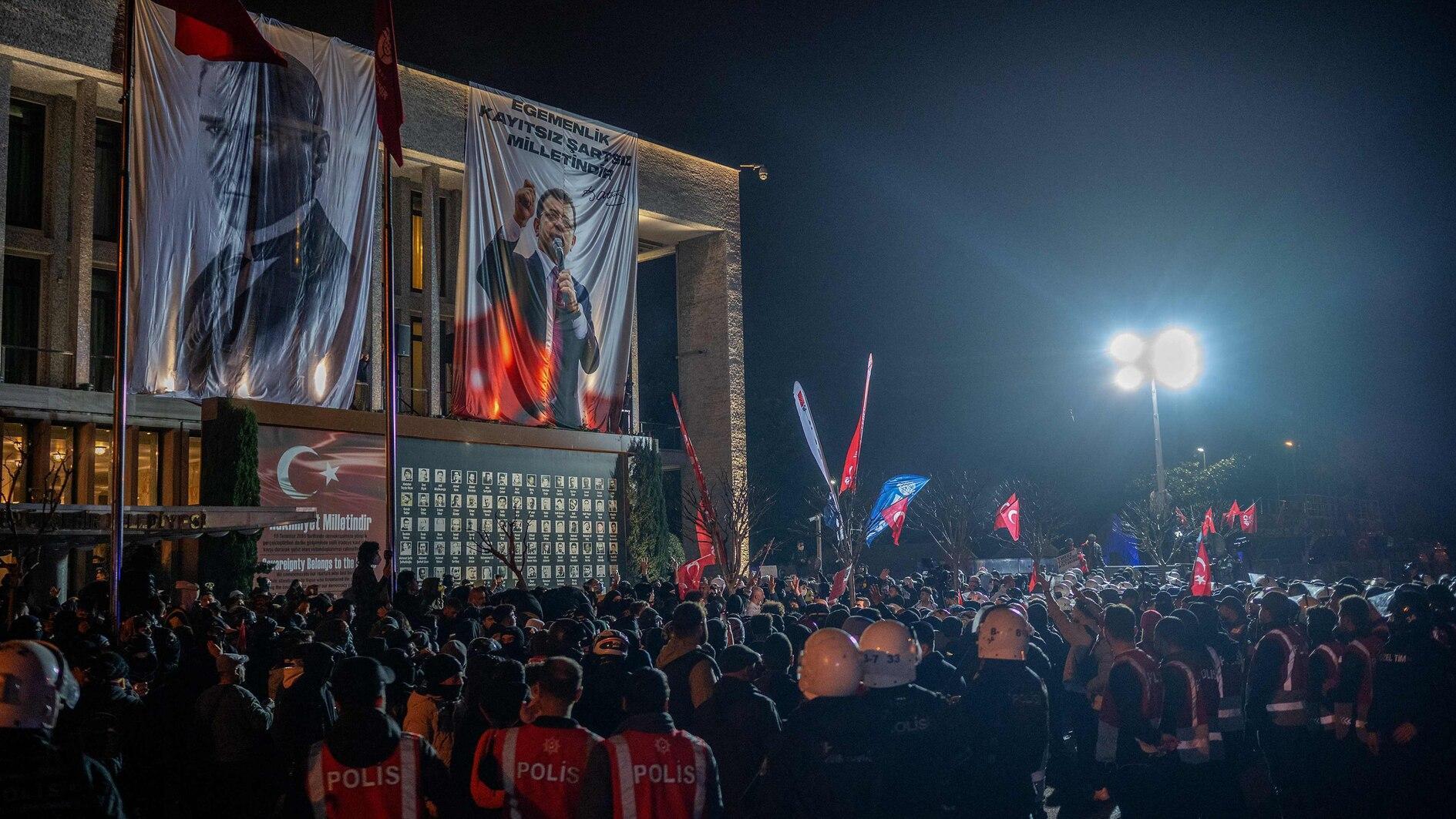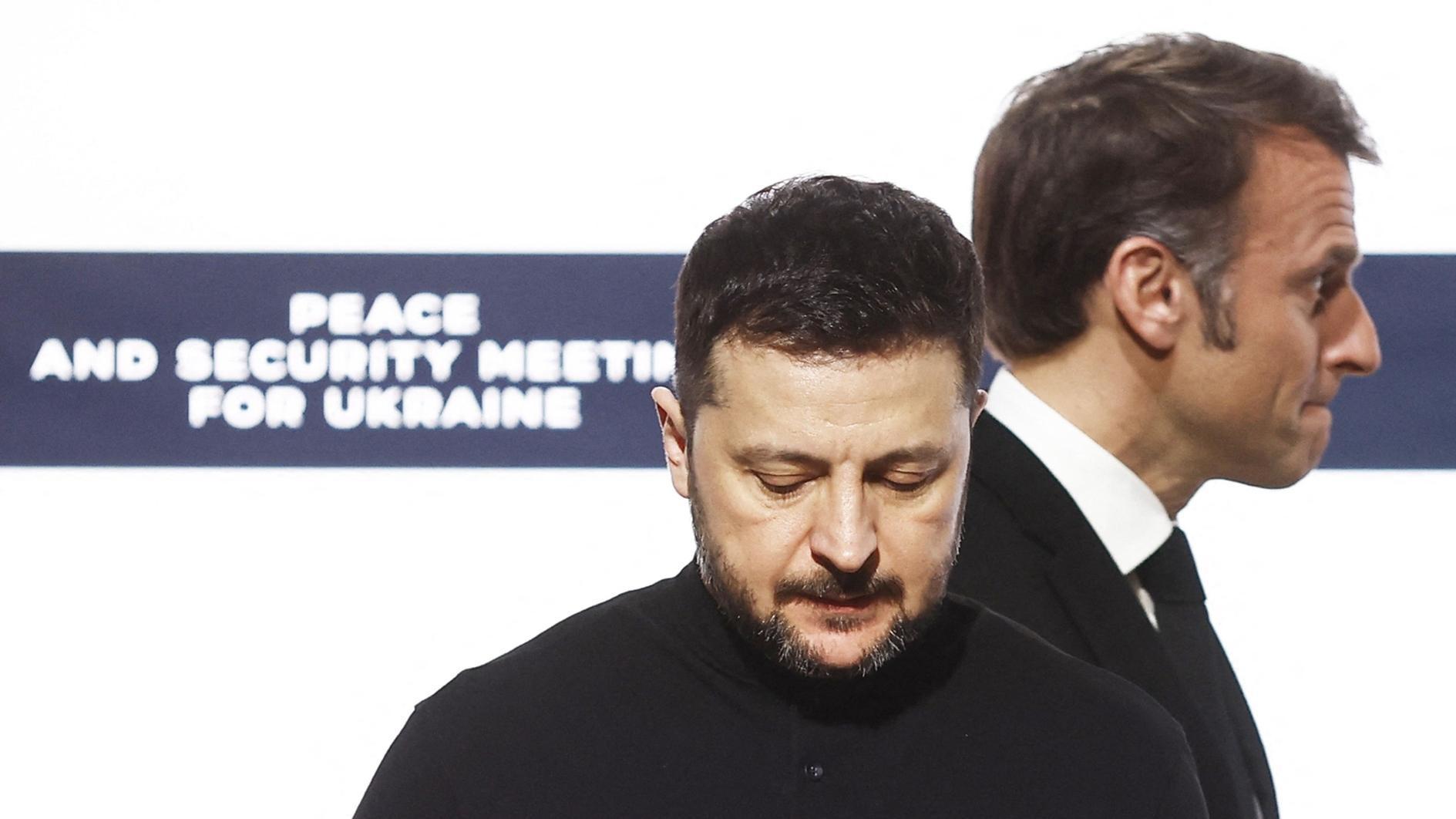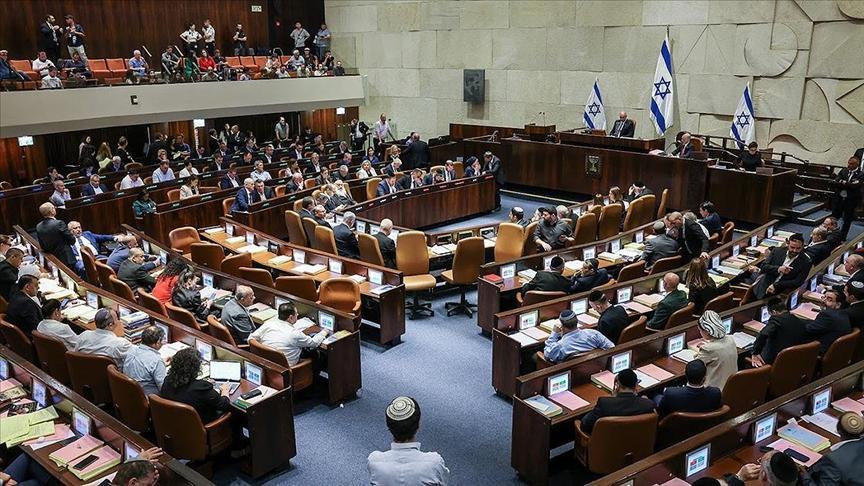Will pro-Kurdish HDP boycott the upcoming referendum?
Following a two-week recess, Turkish lawmakers returned to their legislative duties on Feb. 7, as the four political parties also brought together their parliamentary groups. The leaders of the ruling Justice and Development Party (AKP), the main opposition Republican People’s Party (CHP) and the Nationalist Movement Party (MHP) addressed their lawmakers and conveyed their messages on the upcoming referendum in the most direct way.
However, on the Peoples’ Democratic Party (HDP) side, the floor was given to HDP Diyarbakır deputy İdris Baluken, who was recently released after three months in jail. Baluken, the HDP’s deputy parliamentary group chair, probably considers himself luckier than HDP co-chairs Selahattin Demirtaş and Figen Yüksekdağ. Both Demirtaş and Yüksekdağ have been in prison since early November 2016, with prosecutors demanding 142 years in jail for the former and 83 years for the latter.
Recent speculation in Ankara has suggested that the HDP may potentially boycott the upcoming referendum as part of negotiations between the government and the pro-Kurdish party. This could allow a new initiative for a resolution of the Kurdish question following the referendum, along with the potential release of Demirtaş, Yüksekdağ and other lawmakers. It is also speculated that this is the reason behind the recent fall in the number of attacks by the outlawed Kurdistan Workers’ Party (PKK).
Baluken, in his address to his lawmakers, denied speculation that the HDP will boycott referendum, describing such claims as an “attempt to create confusion.”
“As the members of a political party that has been isolated from this process and whose right to vote has been abducted, it’s our right to say ‘No’ to this constitutional package in the strongest possible fashion,” he said.
“Our people know what this referendum vote really means,” he added, in reference to ongoing pressure on the pro-Kurdish party and its members.
It’s obvious that a potential boycott of millions of HDP voters would help the AKP-MHP duo secure a good majority in approving the package. On Feb. 7, both AKP and MHP leaders, Binali Yıldırım and Devlet Bahçeli, were issuing similar messages.
Yıldırım and Bahçeli are also both close to categorizing people planning to vote against the package as either “terrorists” or “terror supporters,” in a bid to persuade the undecided voter who may have questions in mind.
Yıldırım has started campaigning for the “yes” vote by putting all naysayers into the same basket made up predominantly of the Fethullah Terror Organization (FETÖ), the PKK, and the HDP. The MHP has adopted a similar line, with Bahçeli on Feb. 7 vowing that if he has to choose between the president and “some marginal groups” campaigning against the package, he will be “on Erdoğan’s side.”
It’s becoming increasingly clear that the “yes” camp will highlight this language as the referendum date approaches and the debate over the package becomes tenser.











